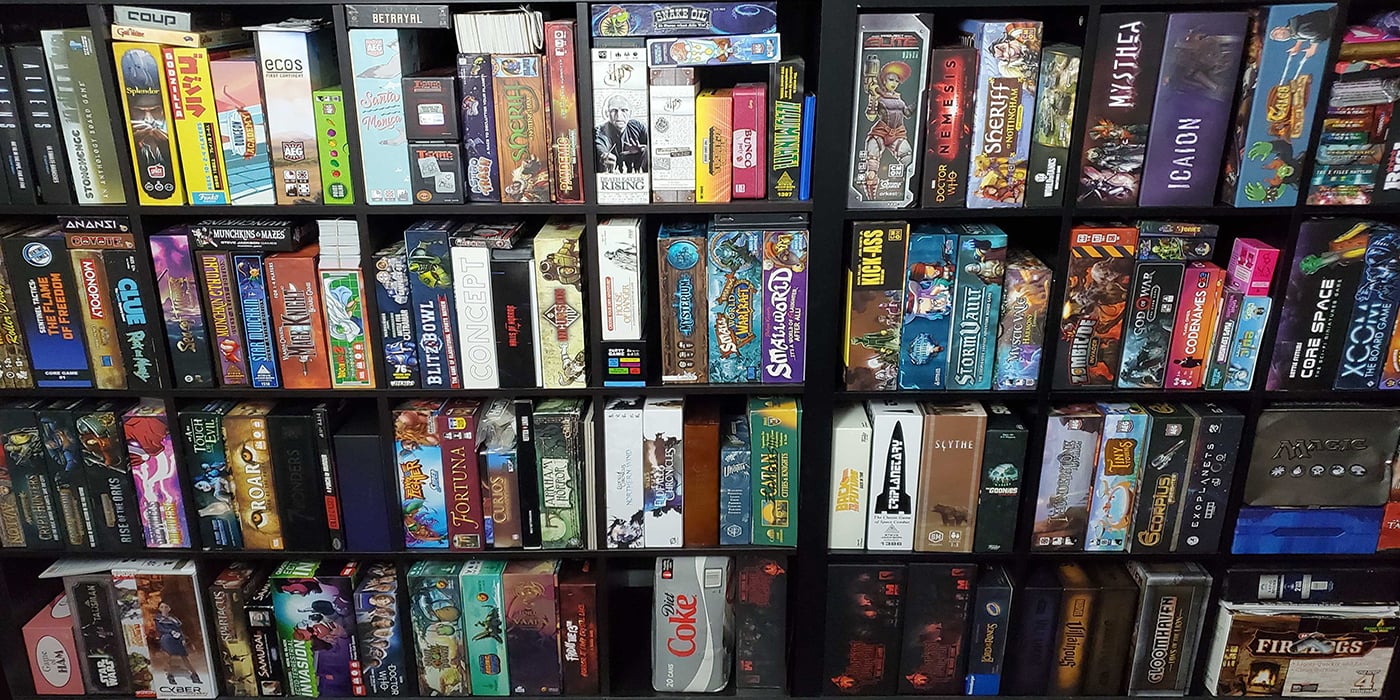Popular Mechanics: Deck Builder As A Game Or A Mechanic?
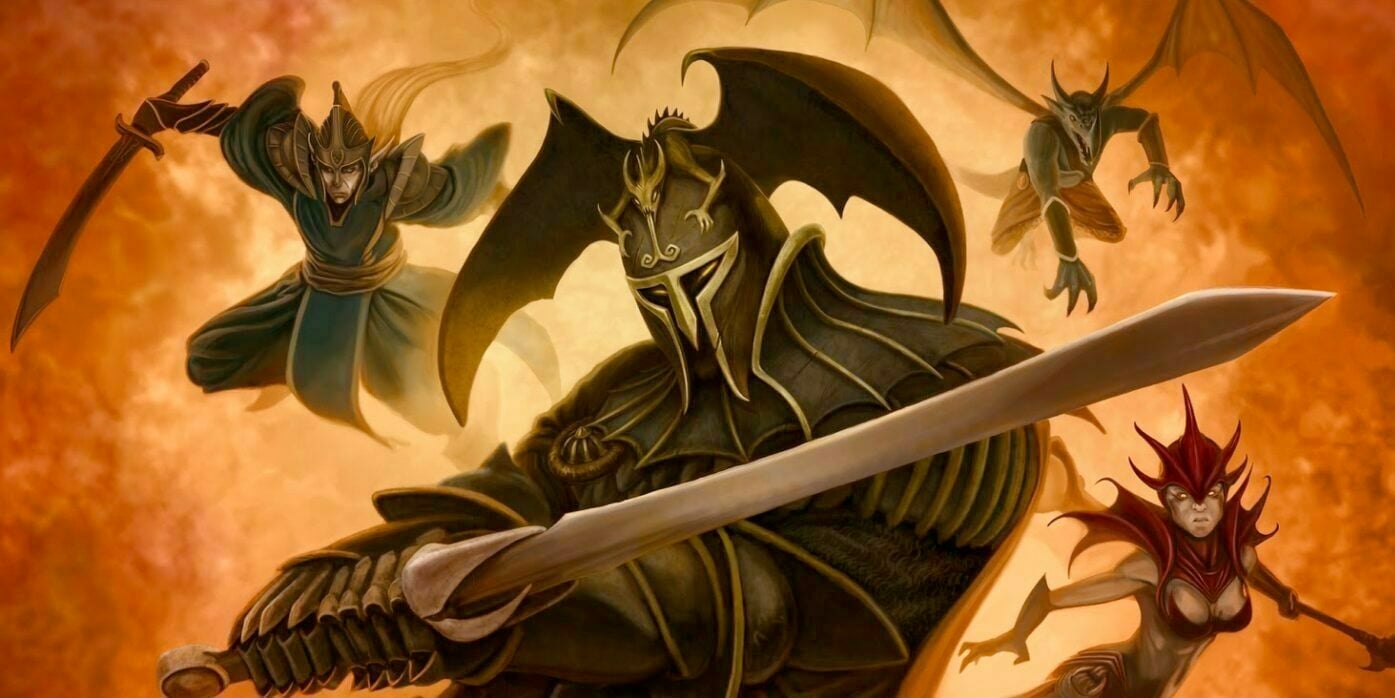

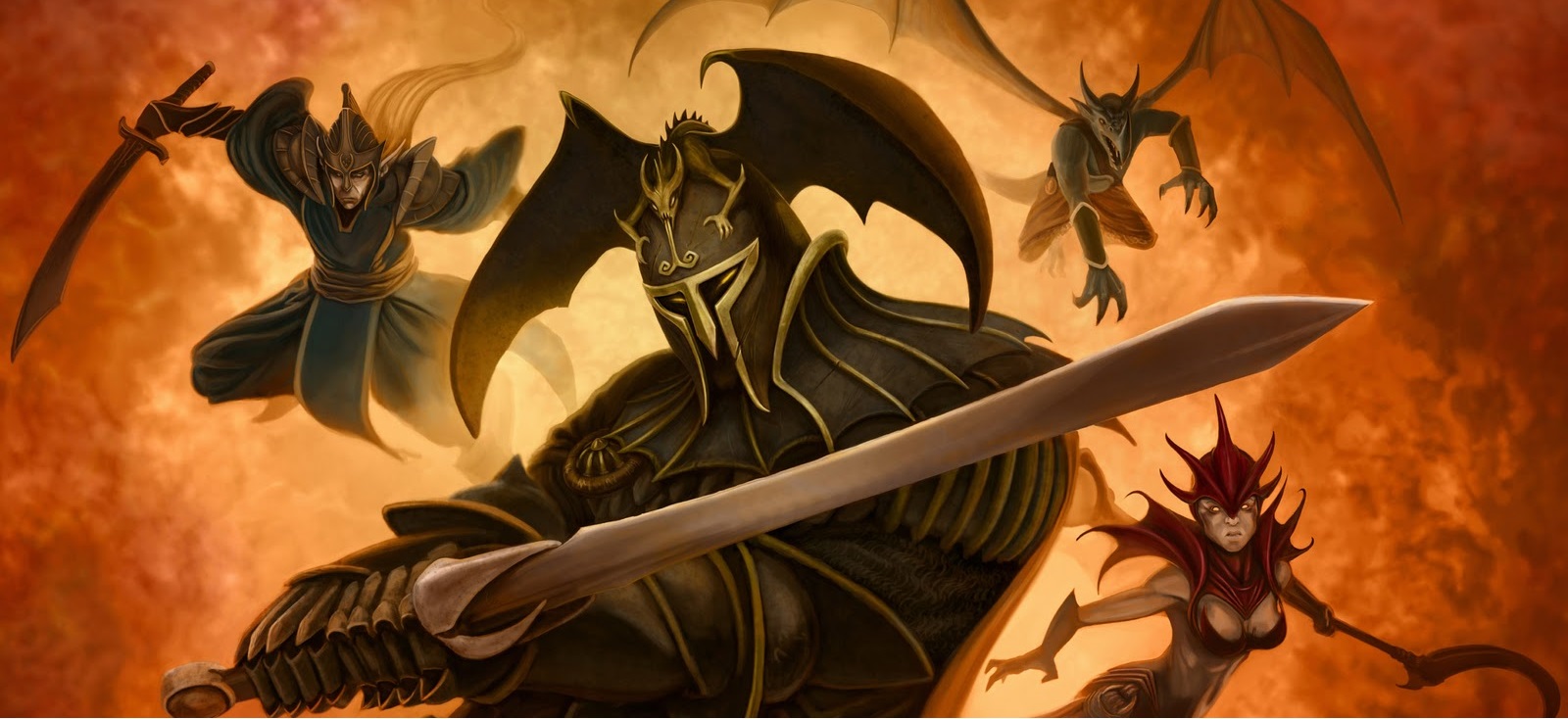
Keep your game pure, simple and just about building your deck or add more components to add more complexity? Which is best?
Howdy, friends! Welcome to Part 2 of this chapter of Popular Mechanics on deck builders. As always Part 2, we’ll be discussing the argument to be had for having a game be “a deck building game” versus having a game that uses a deck building mechanic, but ultimately is not a deck building game.
If you missed Part 1: Building a Deck Without Home Depot, we discussed the components of a deck builder. I’m going to be using the terms we went over in Part 1. So if you haven’t read it, I recommend you do so. Also, I need those page views. So let’s get started.
That Doesn’t Count!
Actually, let’s not get started yet. Before we do, I want to draw a line in the sand. I want to define what is and is not a deck builder. Magic: The Gathering is all about building your deck. Can’t deny that. But is it a deck builder game? I say no. What about Legend of the Five Rings or Star Wars: Destiny? Just because you have fewer cards that are far more accessible, that doesn’t make you a deck builder!

For sake of this article, I’m defining a deck builder as “When all players begin the game with a set deck of cards designated by the game which the player will draw from and recycle when empty. This deck is added to and changed throughout the course of the game, mainly by player decision.”
The main takeaway here is the ‘begin with set deck of cards designated by the game’ and ‘changed throughout the course of the game’. CCGs and LCGs do not fit this definition mostly because they have full reign of how to build their decks and do so before the game begins. Some deck builders don’t start every player with the exact same set of cards. Additionally, I added ‘mainly by player decision’ because some games will force Sticky Cards into an opponent’s deck even though they didn’t want them there.
Alright. We’ve defined what a deck builder is. Now let’s get started.
Dominion Over The Genre
If you are a board game fan, you know Dominion. Dominion is (to the best of my knowledge and research) the first deck builder game. It’s wholly pure in it’s ‘deck-builderiness’. There’s no additional mechanics beyond the part where you build your deck. Dominion set the stage for what a deck builder was supposed to be. Dominion did very well because it was new and exciting. It was a game format no one had ever seen.
 An artist’s recreation of the community’s reaction to Dominion
An artist’s recreation of the community’s reaction to Dominion
Dominion works in it’s simplicity. There are very few overarching concepts to understand before you can jump in and start playing. The strategy and complexity come from the cards themselves. It gives the game essentially unlimited expansion capability. Rio Grande Games can keep pumping out new cards and keep the game growing and evolving for as long as they can muster up new ideas. Still, progress moves onward and the deck builder genre grew. And with that, new games appeared and added new elements to the format.
Dominion’s Detriments
As much as I do enjoy Dominion, pure deck builder games don’t have a lot of variance. There is very little which forces a player to rethink their strategy mid-game. A player can start a game of Dominion and plan out nearly the entirety of the game for themselves and will be able to achieve those goals. Additionally, from the way Dominion is designed, you have huge control of how your deck will form throughout the game. The Supply is preset and Trashing is easy to perform. Perhaps worst of all, the only amount of player interaction at all is if another player buys up the last of a certain card in the Supply.
Dominion falls into the group of games I call Parallel Games. Players in parallel games, like parallel lines, never interact with one another. Parallel games have players seeing who can achieve victory first, with no way to hamper your opponents along the way. Your opponent’s only function is a timer of unknown duration. You could play a game of Dominion by yourself and give yourself a specific amount of turns to achieve victory. It would play nearly the same as playing with other people.
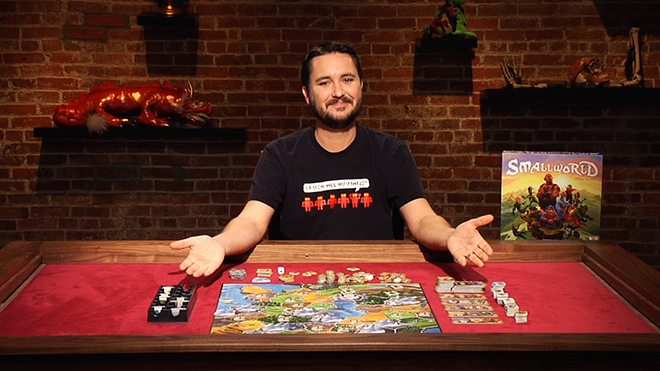 Assuming you can’t just invite a bunch of celebrities over to play.
Assuming you can’t just invite a bunch of celebrities over to play.
All this doesn’t make Dominion a bad game. It laid the foundation for a fantastic genre. But new hotshot games have shown up, showing Dominion how it could be done.
The First Expansion
As I said, Dominion is the purest deck builder game. But once Dominion laid the ground work for how deck builders could function, other games showed up and expanded on the format. These games added additional elements to make them more engrossing than Dominion. Games like Harry Potter: Hogwarts Battle, the Legendary series and Thunderstone are still deck builder games, but with a few added features.
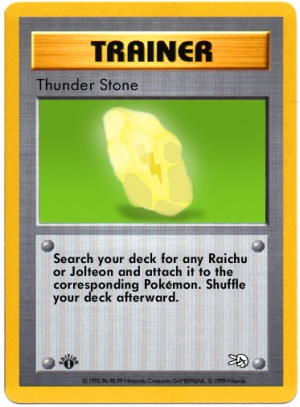 A more clever writer could make a joke with this. But unfortunately, you’re stuck with me.
A more clever writer could make a joke with this. But unfortunately, you’re stuck with me.
They still follow the standard deck builder format, however, all of these games added a NEW element to the game: Bad guys! In each of these games there is a game element the players are working to defeat. Rather than collecting victory points, players are collecting attack cards to defeat monsters or villains. If you’ve been following this series for a while, you’ll recognize these bad guy decks as RUGRATs. Even though I said they are generally bad, the main advantage they provide here is an unknown element to the game, which Dominion lacks. Additionally, Dominion pits players against each other, while here the players are competing against the game (and sometimes also against each other).
So adding more components made the game more dynamic. Does adding even more improve it further?
New Stuff
It’s a hard to draw the line where a game flips from being ‘a deck builder game’ to ‘a game with deck building mechanics’. Mage Knight, Clank, and various Dungeons and Dragons board games have deck builder mechanics but I wouldn’t call them deck builder games. These games, as well as many others, use deck building as a way of controlling the player’s turn as they move around the board. In full deck builders, there is no additional game play, there is only buying and playing cards.
 What’re ya buying? … Not enough Copper, Stranger.
What’re ya buying? … Not enough Copper, Stranger.
Speaking generally, there is no better or worse for a pure deck builder versus using deck building as a mechanic. However, being a pure deck builder is restrictive. The format is now well defined and if the game is limited to only buying and playing cards, then there few other mechanics that can be added while maintaining “pure deck builder’ status. As more and more game elements are added, the game starts to stray from that status. But is that really so bad?
Final Thoughts
I love Dominion. It’s simple, elegant, complex, and messy all at once. Although I also love Mage Knight. In fact, it’s probably my favorite game. However, they fulfill two very different roles for what I’m looking for. It really is like comparing Apples to Apples to Cards Against Humanity. They are very similar but you play them for two very different reasons.
To a player who knows the deck builder format, picking up a new deck builder barely requires even opening the rule book. They are easy to learn, which is a great selling point for many gamers. On the flip side, many gamers find Dominion boring and flat, and lacking any theme or setting. There’s not enough depth in the game, mechanically or aesthetically speaking.
However, games like Mage Knight can be super complicated. Still, that’s what I love about Mage Knight; how involved it is. I love the puzzle of each turn. Spending my time, figuring out how to best optimize each turn with the cards I have in my hand. The deck building is but one small cog in the game’s already overly-complex machine. This can understandably absolutely drive players away.
So what’s the best route to take for a deck builder? Should a game stay as a full deck builder or should they add more layers to add additional gameplay elements?
Who’da thunk it?! There’s no right or wrong answer here. As always, personal taste wins out. I’m starting to notice a trend in the Final Thoughts section of Part 2. But that’s it for Part 2 of this chapter of Popular Mechanics: Deck Builders!
Join us for Part 3 when we will be designing our very own deck builder game!
See you then!





